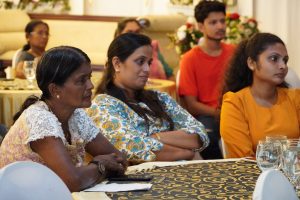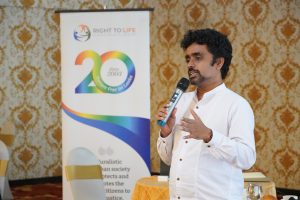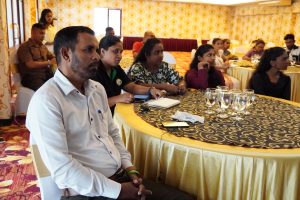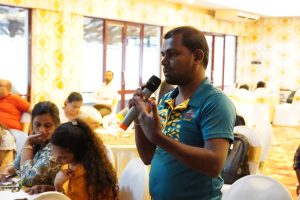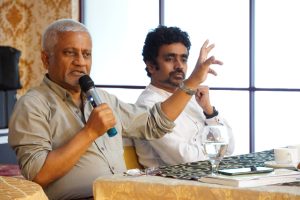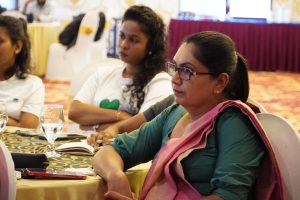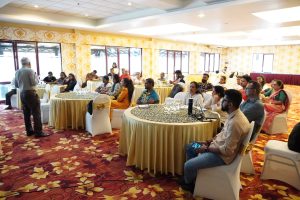
On August 17th, a program titled “Anti-Terrorism Laws of Sri Lanka” was held in Ratnapura to educate civil society activists and citizens about the impacts of the Prevention of Terrorism Act (PTA) and the concerns surrounding the new Anti-Terrorism Act (ATA). The event was organized by the Right to Life Human Rights Center and the Community Development Foundation (CDF).
During the session, Prof. Rohan Samarajeewa discussed the challenges posed by Chapter 10 of the ATA. He emphasized that the chapter grants significant powers to the President, allowing them to impose curfews, declare a state of emergency, and restrict citizens’ movement. Prof. Samarajeewa argued that these powers centralize authority around the President, leading to the politicization of power. He called for these powers to be balanced by the judiciary and parliament to ensure fairness and accountability.
The program aimed to raise awareness among participants about how the PTA has affected citizens and to highlight the potential risks of the ATA. The discussion emphasized the importance of safeguarding citizens’ rights and ensuring that anti-terrorism laws do not undermine democratic principles.
